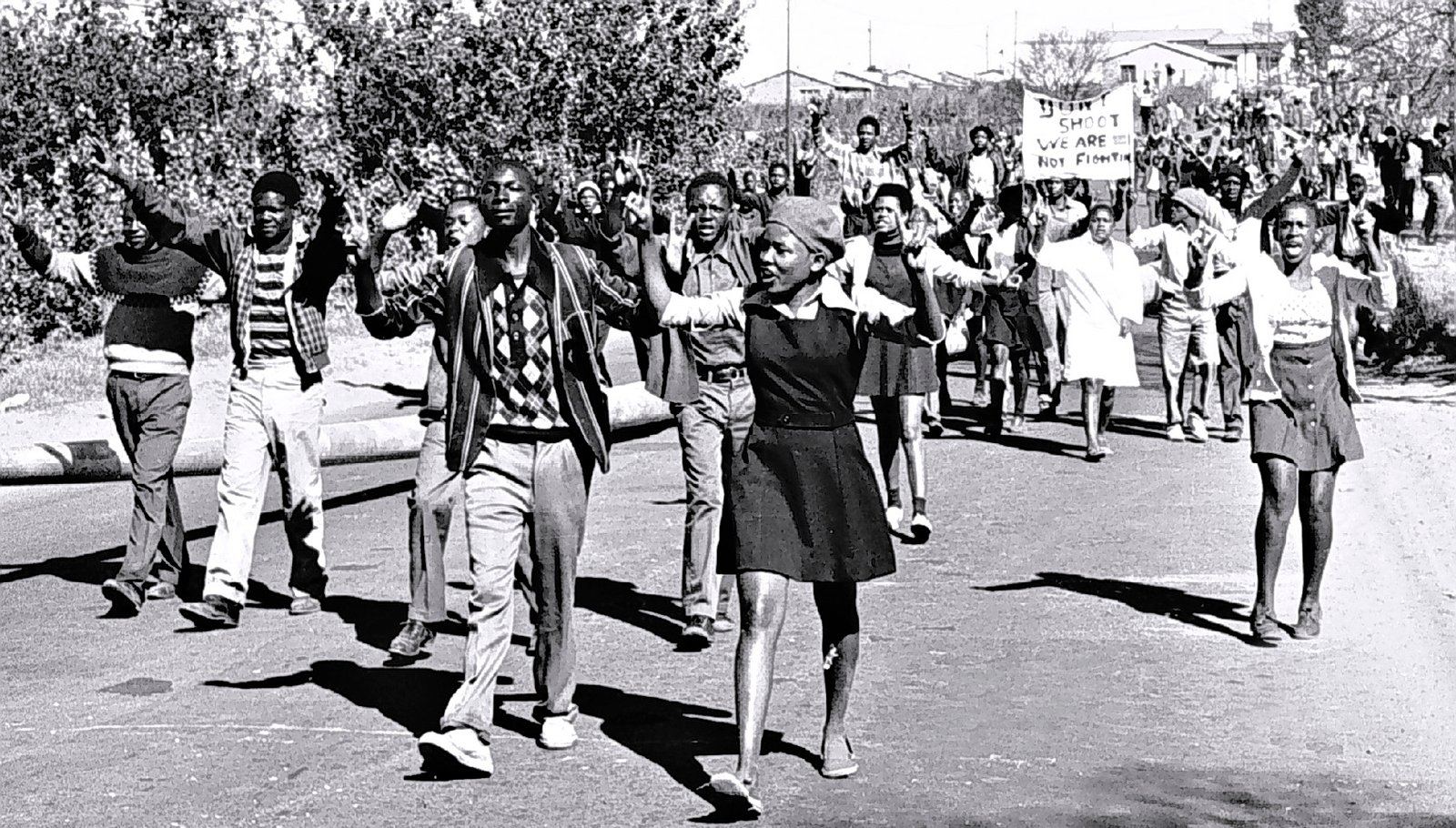5 Causes of Soweto Uprising
The Soweto Uprising: A Look at the Five Root Causes
Introduction
The Soweto Uprising was a series of protests led by black schoolchildren in South Africa on June 16, 1976. The uprising began in Soweto and spread across the country, becoming a significant turning point in the struggle against apartheid. This article aims to explore the five main causes of the Soweto Uprising, providing insight into the factors that contributed to this historic event.
5 Causes of Soweto Uprising
5 Causes of Soweto Uprising were:
- Introduction of Afrikaans as a Medium of Instruction
- Poor Education and Inadequate Facilities
- Economic Disparity and Unemployment
- Police Brutality and Government Repression
- Influence of Black Consciousness Movement
1. Introduction of Afrikaans as a Medium of Instruction
The South African government’s decision to make Afrikaans a compulsory medium of instruction in black schools was a significant spark for the uprising. Many black students saw this as a way to force them to accept the language of their oppressors, leading to widespread resentment and opposition.
2. Poor Education and Inadequate Facilities
The Bantu Education Act ensured that black students received an inferior education compared to their white counterparts. The disparity in educational resources, school facilities, and opportunities fueled anger and frustration among black students and their families.
3. Economic Disparity and Unemployment
The apartheid system created immense economic inequality, leading to high levels of unemployment and poverty among the black population. This economic hardship contributed to a general sense of discontent and a desire for change.
4. Police Brutality and Government Repression
Heavy-handed tactics by the police and the South African government’s repression of political dissent added to the growing unrest. The brutal treatment of protesters and activists further incensed the community, leading to an escalation of tensions.
5. Influence of Black Consciousness Movement
The rise of the Black Consciousness Movement, led by figures such as Steve Biko, had a profound influence on the youth. The movement encouraged a sense of pride in African heritage and a rejection of the apartheid system, inspiring many young people to take a stand.
Conclusion
The Soweto Uprising was not an isolated incident but rather a culmination of various interconnected factors. The imposition of Afrikaans in schools, the inequalities in education, the dire economic conditions, the brutal police actions, and the inspiring words of the Black Consciousness Movement all played a role in igniting this historical event. Understanding these causes helps us appreciate the complexity of the South African struggle against apartheid and the courage and resilience of those who stood up against oppression.

